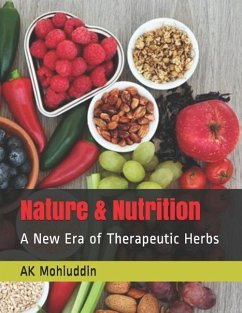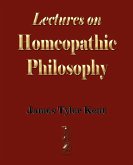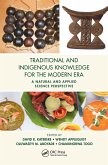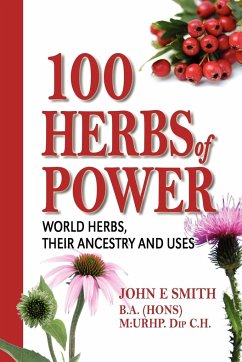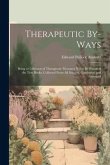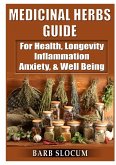The use of herbal medicinal products and supplements has increased tremendously over the past three decades with not less than 80% of people worldwide relying on them for some part of primary healthcare. This past decade has obviously witnessed a tremendous surge in acceptance and public interest in natural therapies both in developing and developed countries, with these herbal remedies being available not only in drug stores, but now also in food stores and supermarkets. The use of herbal remedies has also been widely embraced in many developed countries with complementary and alternative medicines (CAMs) now becoming mainstream in the UK and the rest of Europe, as well as in North America and Australia. In the developed countries, the most important among many other reasons for seeking herbal therapy is the belief that it will promote healthier living. Herbal medicines are, therefore, often viewed as a balanced and moderate approach to healing and individuals who use them as home remedies and over-the-counter drugs spend huge amount of money (in excess of billions of dollars) on herbal products. As the global use of herbal medicinal products continues to grow and many more new products are introduced into the market, public health issues, and concerns surrounding their safety are also increasingly recognized. Although some herbal medicines have promising potential and are widely used, many of them remain untested and their use also not monitored. This makes knowledge of their potential adverse effects very limited and identification of the safest and most effective therapies as well as the promotion of their rational use more difficult. It is also common knowledge that the safety of most herbal products is further compromised by lack of suitable quality controls, inadequate labeling, and the absence of appropriate patient information. It has become essential, therefore, to furnish the general public including healthcare professionals with adequate information to facilitate better understanding of the risks associated with the use of these products and to ensure that all medicines are safe and of suitable quality.
Bitte wählen Sie Ihr Anliegen aus.
Rechnungen
Retourenschein anfordern
Bestellstatus
Storno

